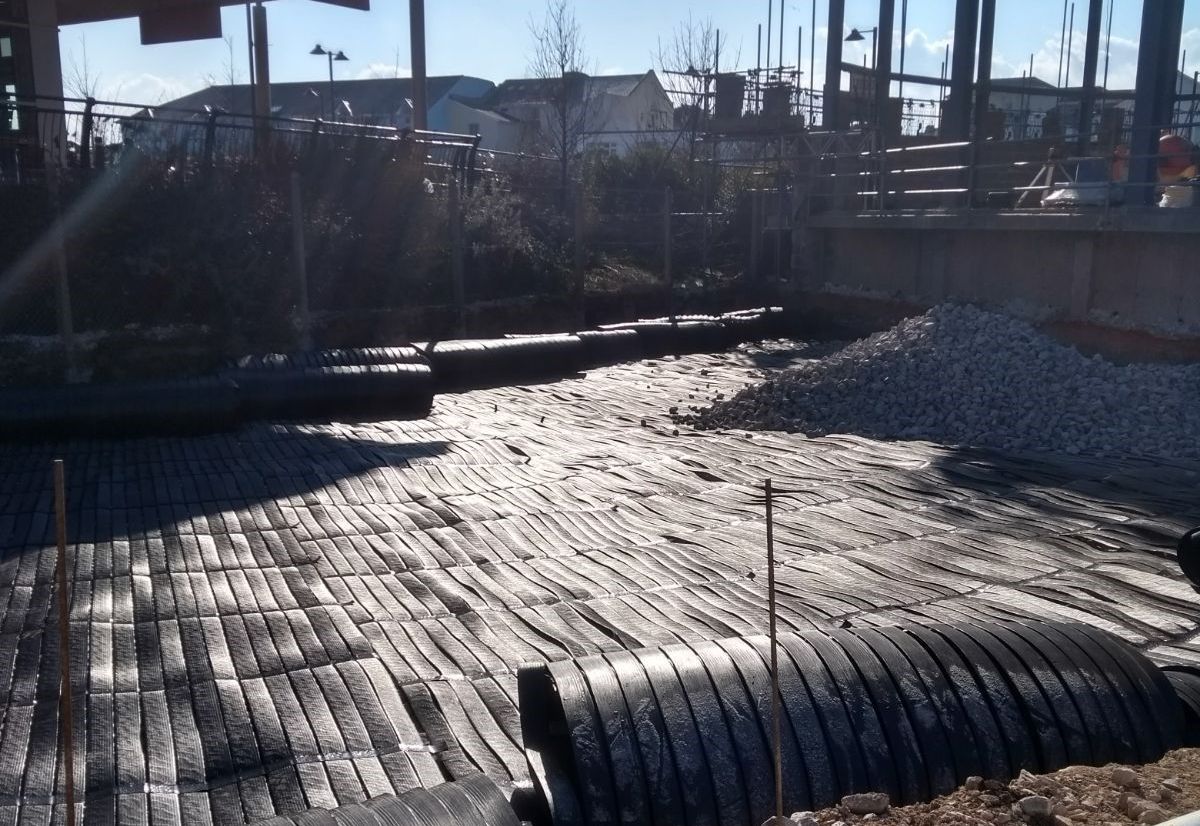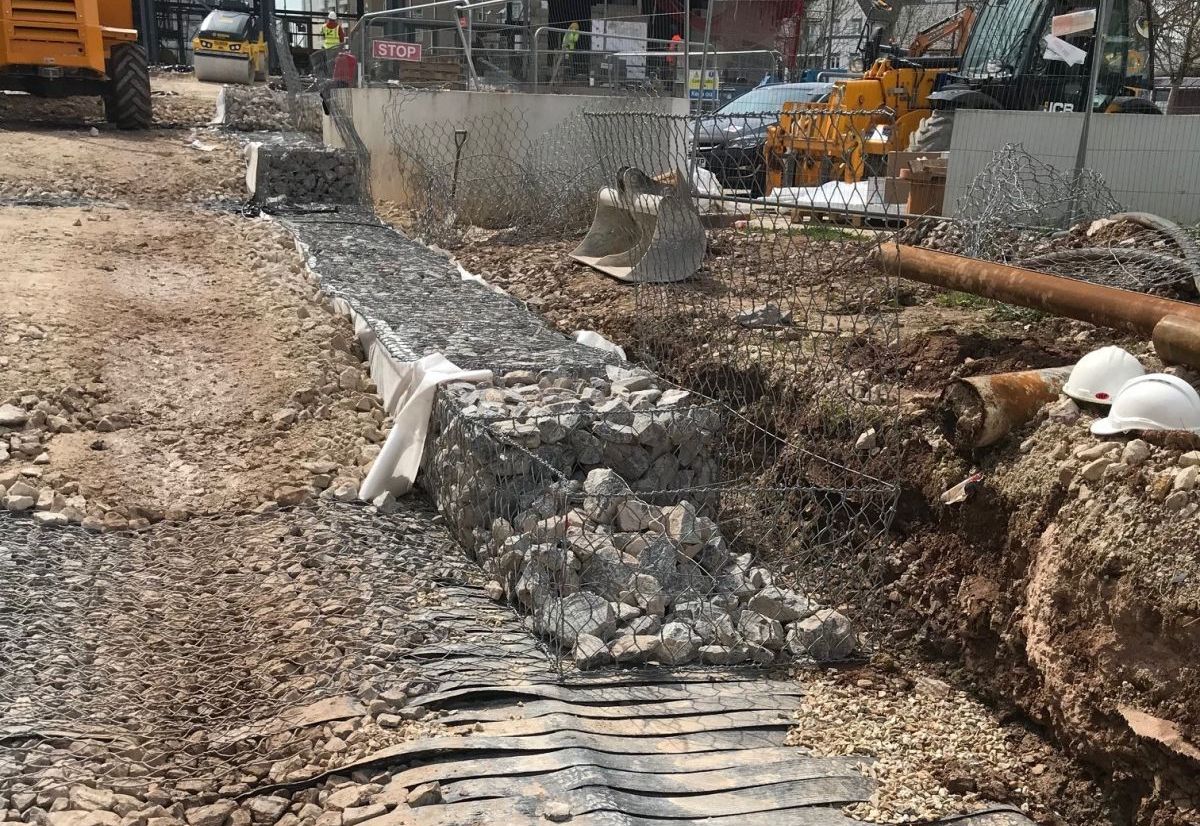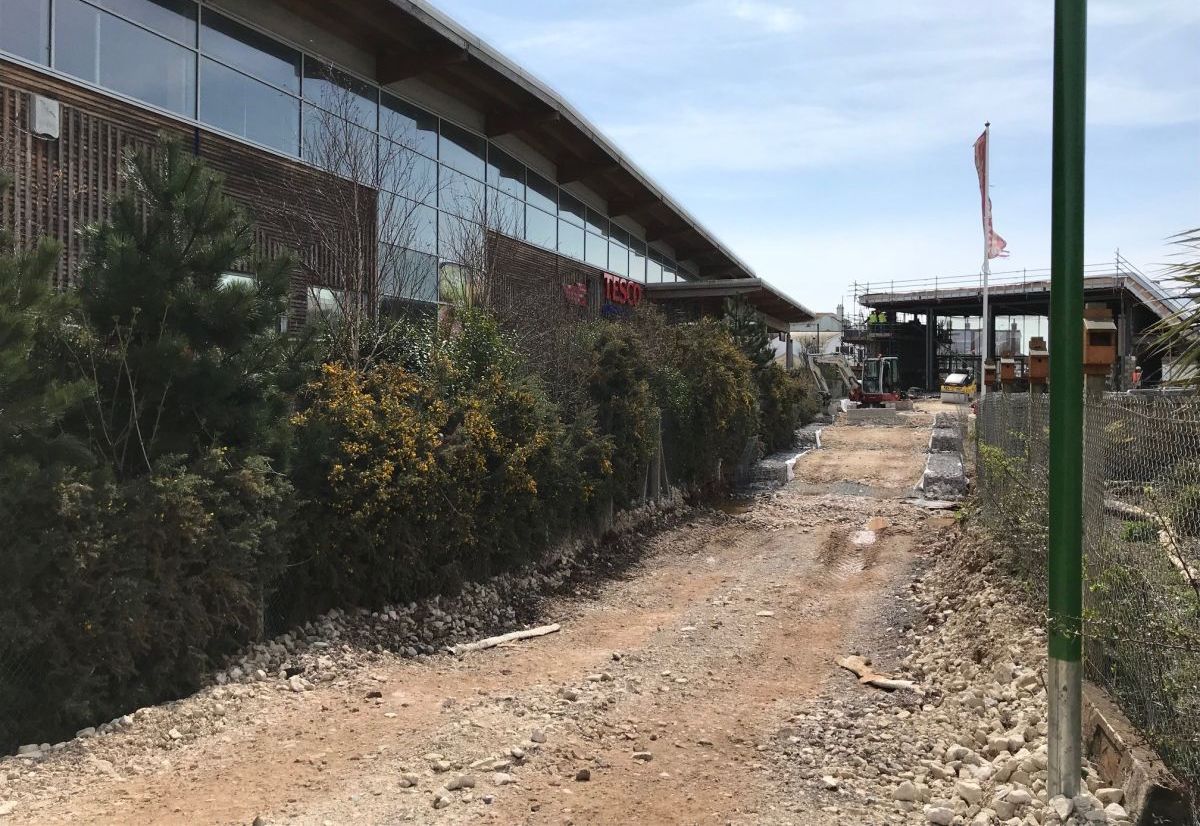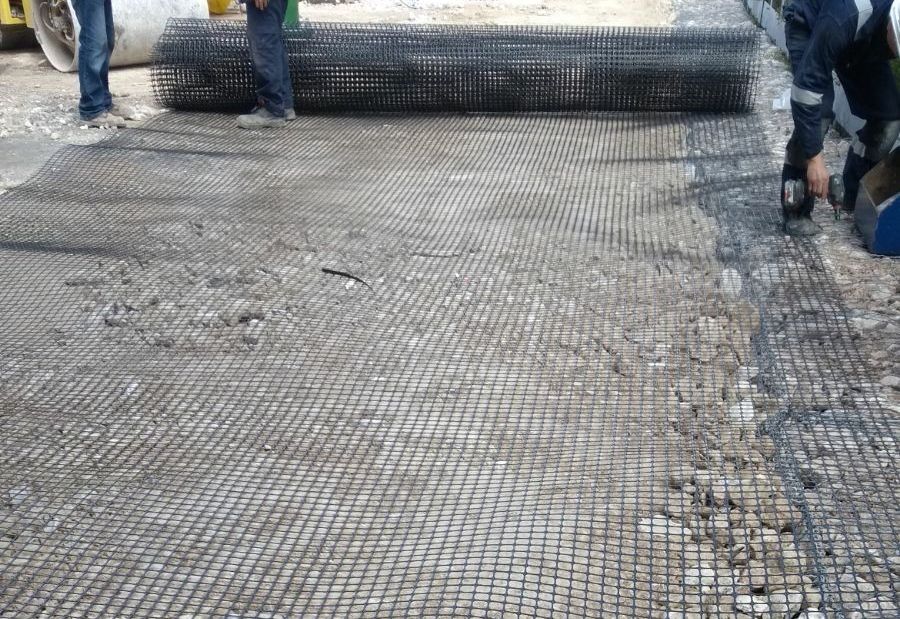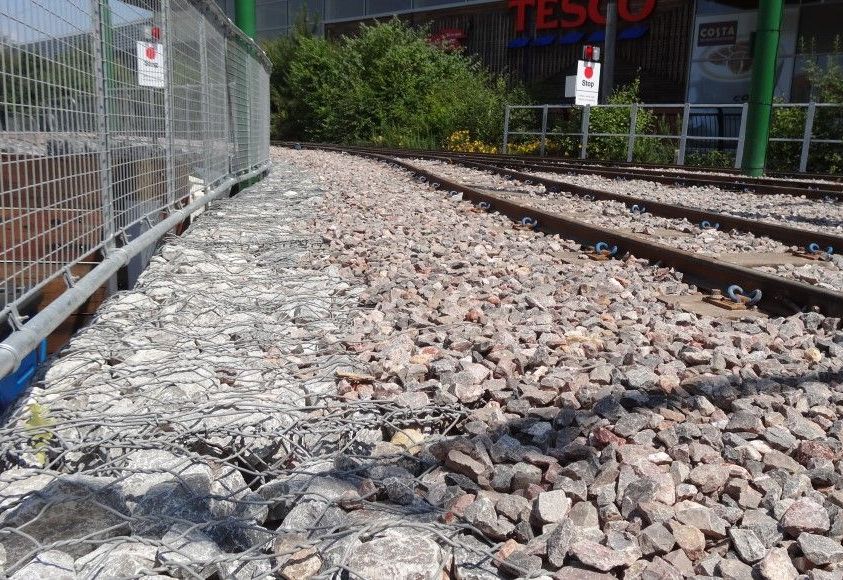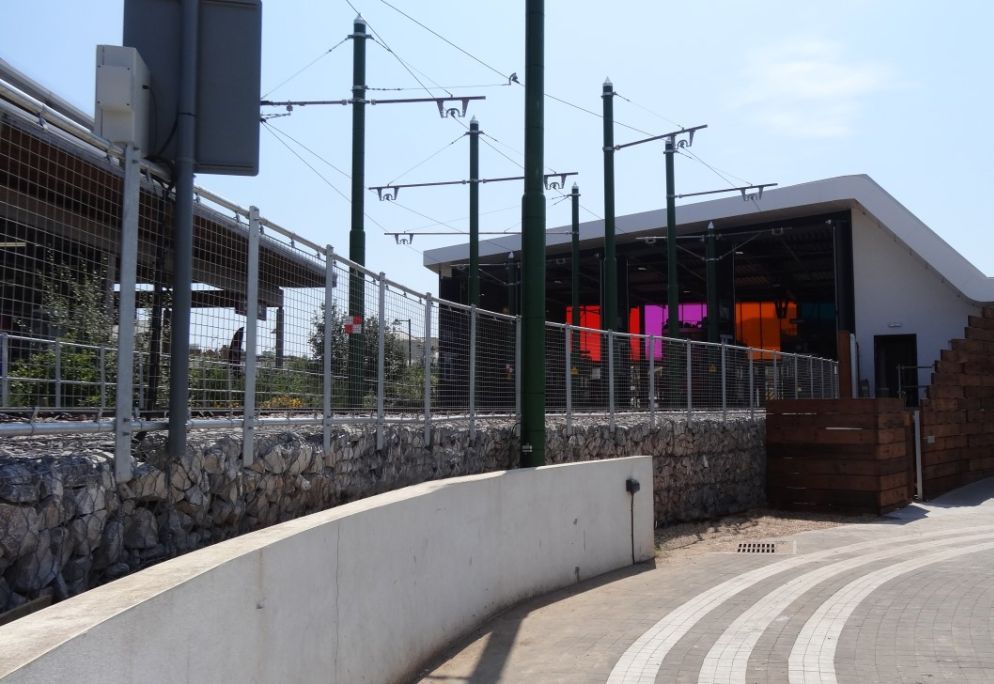Basal Reinforcement
SEATON - DEVON - United Kingdom
Seaton Tramway
Kimber Contracting Ltd
BSW Consulting Engineers
SEATION TRAMWAY
Problem
Seaton is a large town near the seaside in Devon. It is a tourist attraction with beautiful views and is home to a tramway, the Seaton Tramway. The Seaton Tramway is a 2 ft 9 in (838 mm) narrow gauge electric tramway which operates over part of the route of a former London & South Western Railway branch line to Seaton, Devon. The tram route boasts 3 miles of unspoilt countryside through the Axe Valley.
Seaton has seen a successful regeneration project over the years including the addition of a large Tesco, Premier Inn and over 200 Bovis homes. The regeneration project also included a brand-new, state-of-the-art Tramway station which opened in June 2018.
Being one of the first new stations to be built on a heritage site in years, the project has seen some very complex railway engineering which had not been seen since 1970. Along with the new station came a new café and gift shop named after the Tramways founder, Claude Lane. The station is 2m above ground and the site is very tight for space. With these constraints in mind, Maccaferri was chosen to supply solutions to create the reinforcement tramway embankment.
Solution
The site is situated above an area of soft soil that required substantial ground improvement.The new platform area adjacent to the new terminus building was subject to CMCs column treatment and retaining structures along the extremities of the low-height embankments (up to 2.5m).
The trams have a total weight of 160 kN over the track width. Overhead electricity cables to power the trams required supporting structures. The loading from tram and support structures was modelled in this design as a variable surcharge load of 30kPa over the entire embankment crest. Maccaferri proposed to use Paralink high-strength geogrid as a basal reinforcement solution to limit the differential settlement across the embankment and Terramesh System to form the required walls.
The design analysis demonstrates that a single layer of Paralink 1200, installed at right angles to the centre line of the embankment is sufficient to improve the stability of the embankment. Macgrid EG L biaxial extruded geogrids were also used as ballast reinforcement to give further support.

